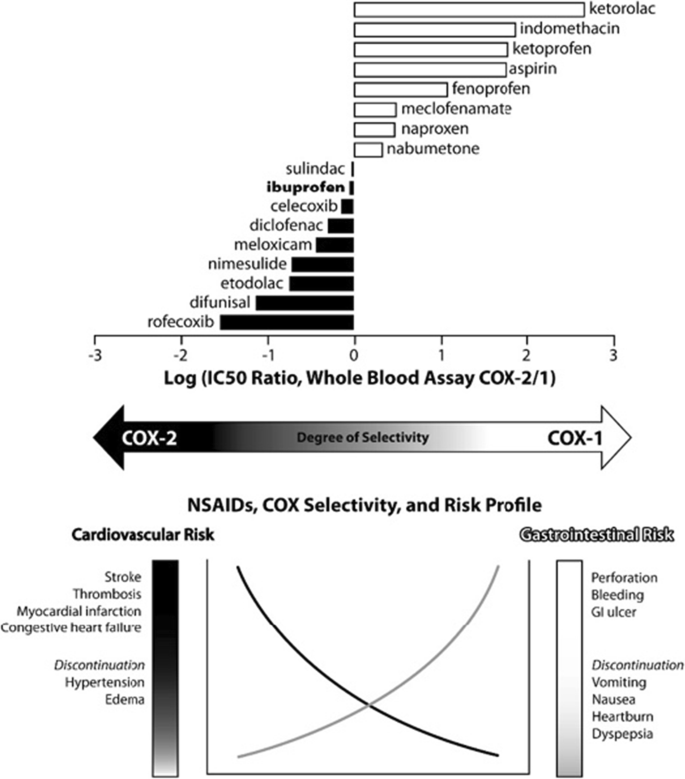Reference




Moonshot's Answer
According to the 1992 study and other relevant research, the side effects associated with anti-inflammatory drugs, particularly nonsteroidal anti-inflammatory drugs (NSAIDs), include:
-
Gastrointestinal Side Effects: These are the most common and can range from mild symptoms like nausea, dyspepsia, and anorexia to more severe complications such as stomach and duodenal ulcers, gastrointestinal bleeding, and perforation. Source
-
Renal Side Effects: NSAIDs can also affect kidney function, potentially leading to fluid retention, high blood pressure, and in some cases, acute kidney injury. Source
-
Cardiovascular Side Effects: There is an increased risk of cardiovascular events, such as heart attack and stroke, associated with the use of certain NSAIDs. Source
-
Hematologic Side Effects: NSAIDs can affect platelet function and increase the risk of bleeding. Source
-
Dermatologic Side Effects: Skin reactions, such as rashes and itching, can occur with NSAIDs. Source
-
** Hepatotoxicity**: Some NSAIDs have been associated with liver damage, presenting as elevated liver enzymes. Source
These side effects underscore the importance of using anti-inflammatory drugs under medical supervision and considering alternative therapies or prophylactic measures to mitigate potential risks. It is also crucial to be aware that the extent of these side effects can vary depending on the specific NSAID, dosage, and individual patient factors.
Follow Up
Related
What action films were released in the early 1990s, particularly 1992 or 1993?
How many teams participated in the 1992–93 Ukrainian Transitional League competition?
Which team became champions in the 1992–93 Ukrainian Transitional League season?
Who directed the 1992 action thriller film Khiladi?
Which electoral district representatives left their positions in 1992?